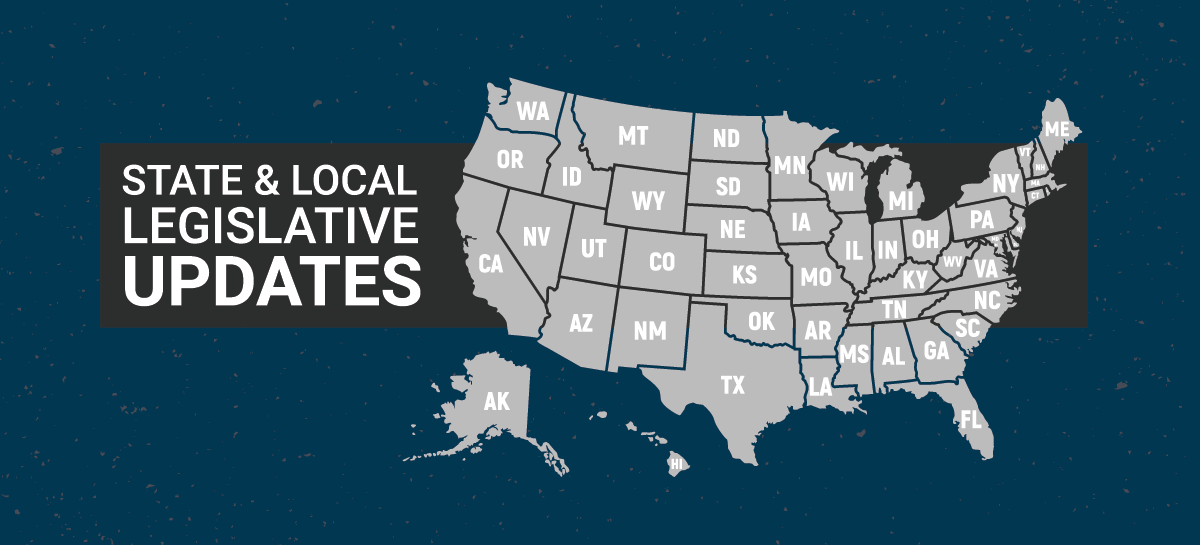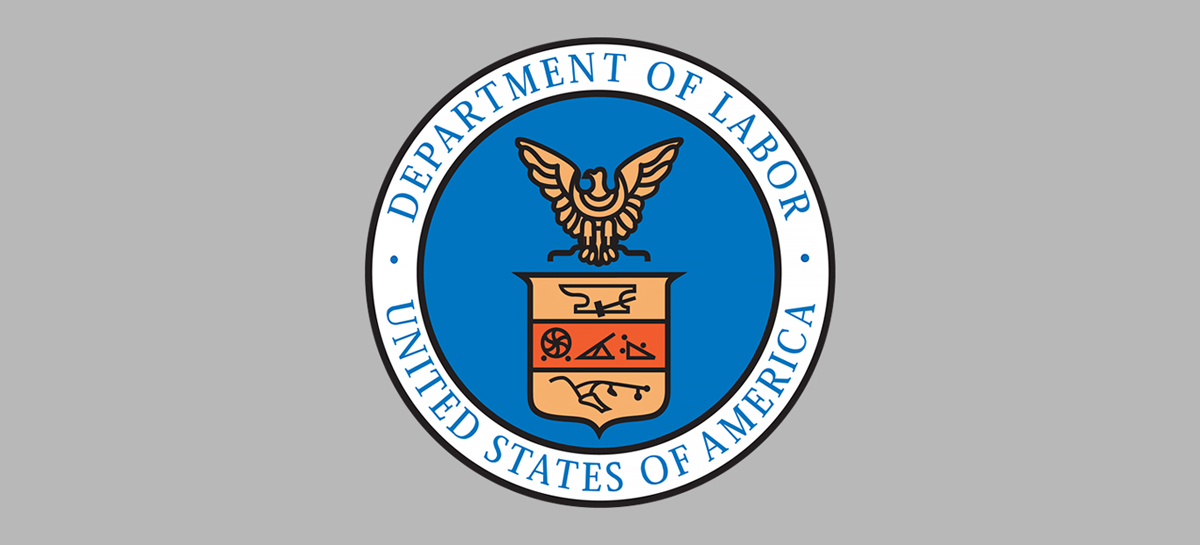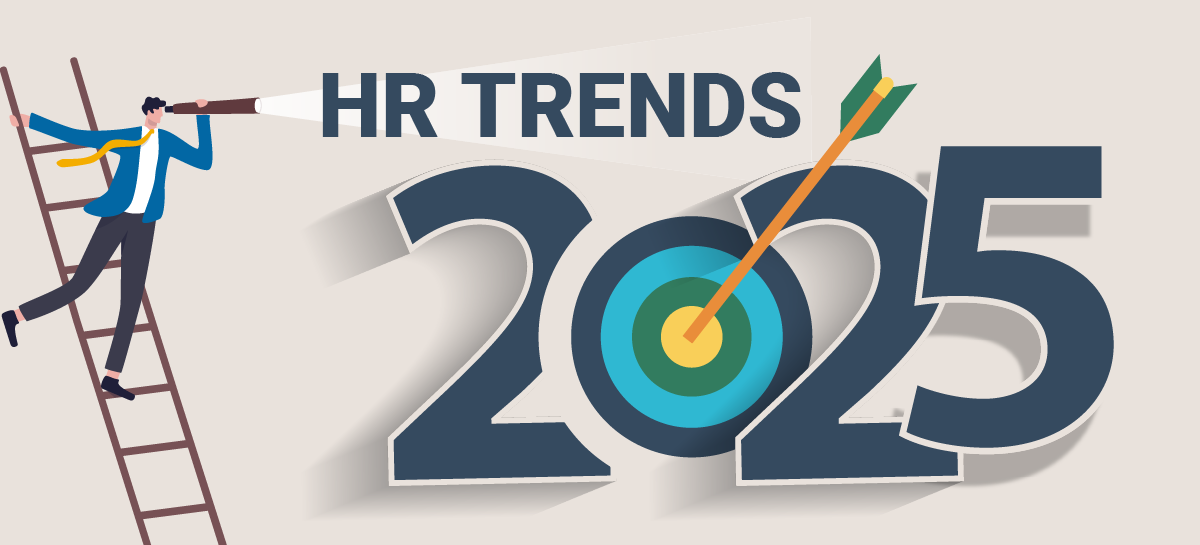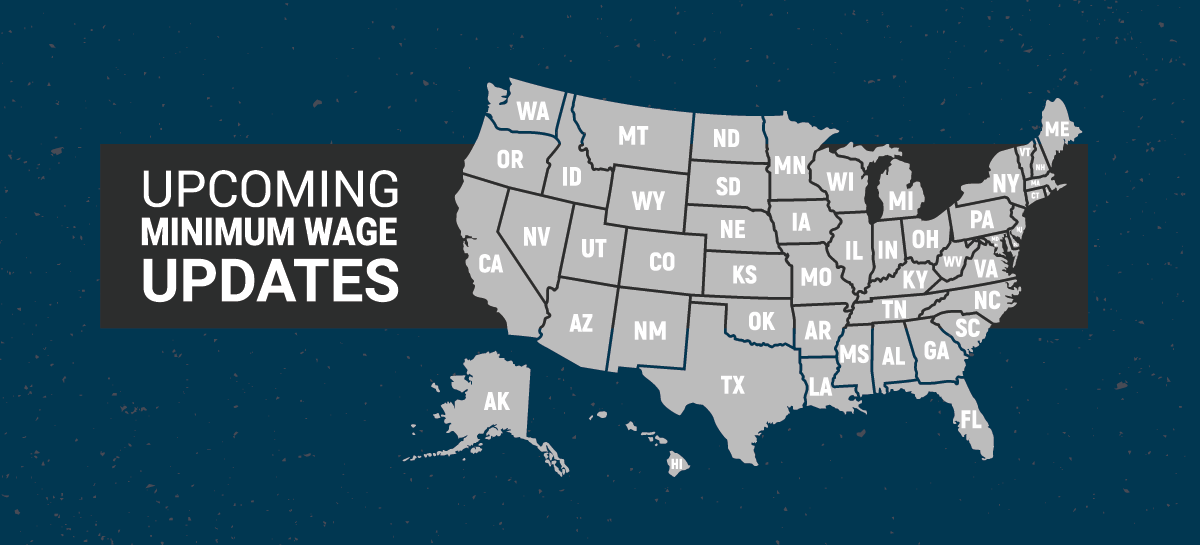
In recent months, employers have been requesting clarification or seeking guidance on the Health Insurance Portability and Accountability Act (HIPAA) special enrollment rights, Affordable Care Act (ACA) eligibility, employee discipline, and rules regarding paid and unpaid breaks. While questions surrounding these topics can vary based on locality, employer, and individual circumstances, federal agencies offer guidance that can aid employers in addressing day-to-day challenges in the workplace. The HR Hotline article explores questions and answers to common HR situations.
Continue reading





